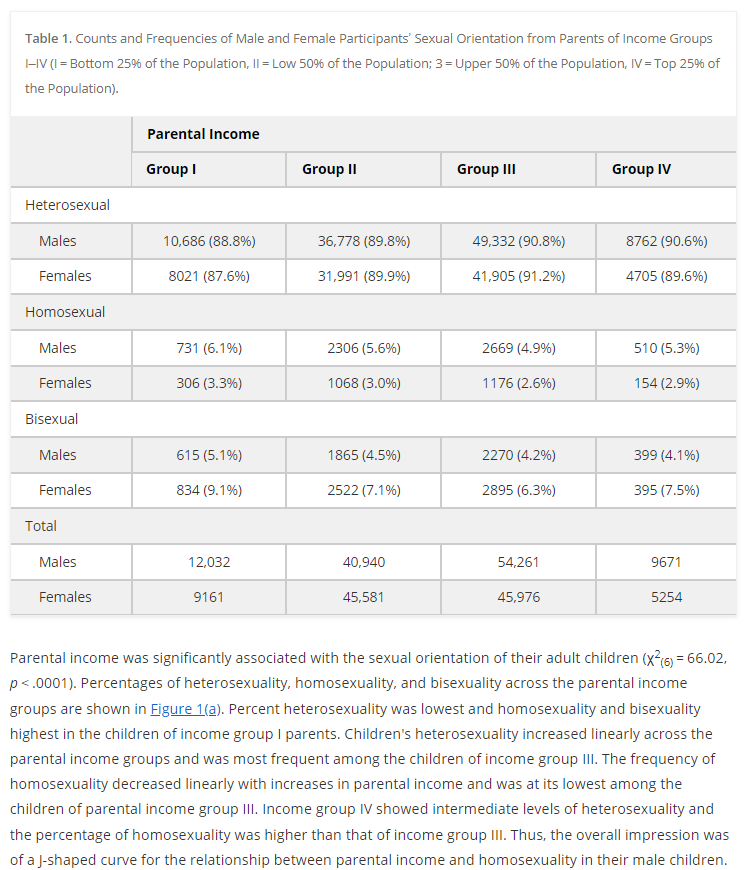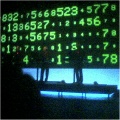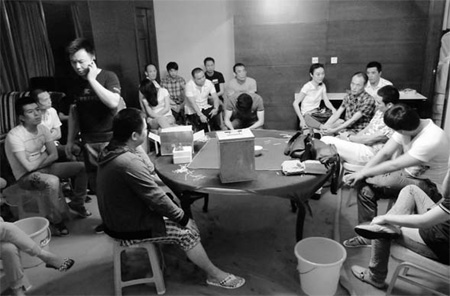 Vermont Should Stop Showing Leadership In Overruling Scientists On Farming
Vermont Should Stop Showing Leadership In Overruling Scientists On FarmingDespite Vermont's Agricultural Innovation Board (AIB), created to inform regulatory recommendations...
 Evolutionary Psychology: Your Parents Income During Pregnancy Made You Gay
Evolutionary Psychology: Your Parents Income During Pregnancy Made You GayEvolutionary psychology, the discipline that claimed we're being manipulated by flowers and evolved...
 Oil Kept Congo From Starving - Western Academics Don't Seem To Like That
Oil Kept Congo From Starving - Western Academics Don't Seem To Like ThatIf even a wealthy like Germany has to lie about emissions to placate government-funded environmentalists...
 China Sells Western Progressives Solar Panels While Switching To Nuclear Power
China Sells Western Progressives Solar Panels While Switching To Nuclear PowerChina has quietly overtaken France to become the world's second-largest producer of nuclear energy. ...













